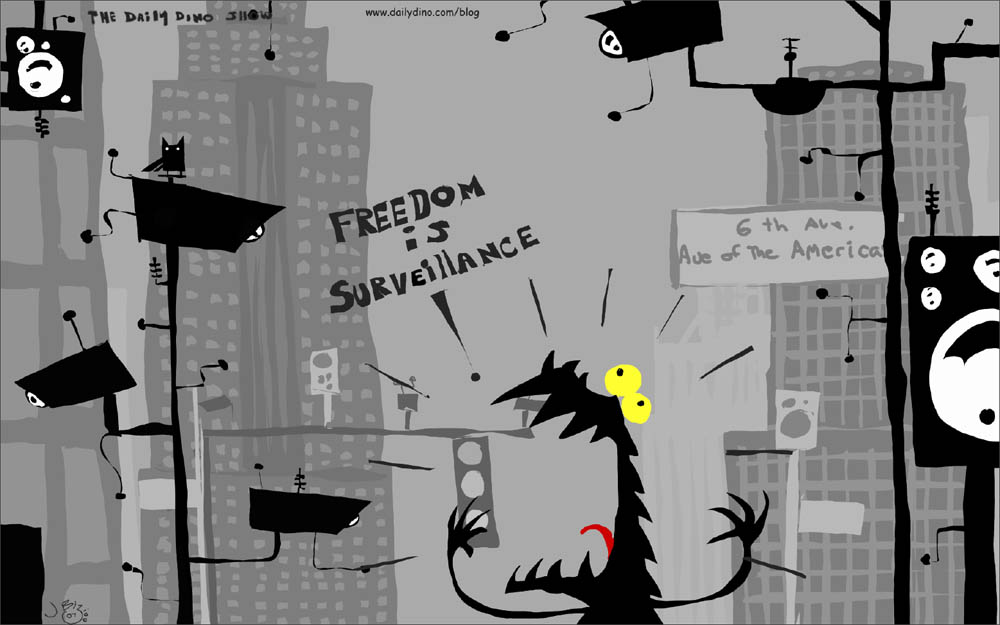Onderzoeker Paul Bernal ergert zich al een tijdje aan het niveau van het debat rond de surveillance-maatregelen van de Britse regering. Hij noemt het oppervlakkig en op verschillende vlakken misleidend. Daardoor verdoezelt het de impact die surveillance heeft op het dagelijks leven van elke burger en wordt de indruk gewekt dat dergelijke maatregelen alleen maar positieve effecten hebben. Alsof er geen negatieve impact zou zijn op onze rechten en vrijheden. Hij wil daarom het debat op een hoger niveau brengen en geeft alvast een aanzet.
Perhaps the most important way in which the debate needs to be improved is to understand that surveillance does not just impact upon what is portrayed as a kind of selfish, individual privacy – privacy that it is implied does not matter for those who ‘have nothing to hide’ – but upon a wide range of what are generally described as ‘civil liberties’. It has a big impact on freedom of speech – an impact that been empirically evidenced in the last year – and upon freedom of association and assembly, both online and in the ‘real’ world. One of the main reasons for this – a reason largely missed by those who advocate for more surveillance – is that we use the internet for so many more things than we ever used telephones and letters, or even email. We work, play, romance and research our health. We organise our social lives, find entertainment, shop, discuss politics, do our finances and much, much more. There is pretty much no element of our lives that does not have a very significant online element – and that means that surveillance touches all aspects of our lives, and any chilling effect doesn’t just chill speech or invade selfish privacy, but almost everything. — bron: Paul Bernal (21/9/2016)

illustratie: The Daily Dino

